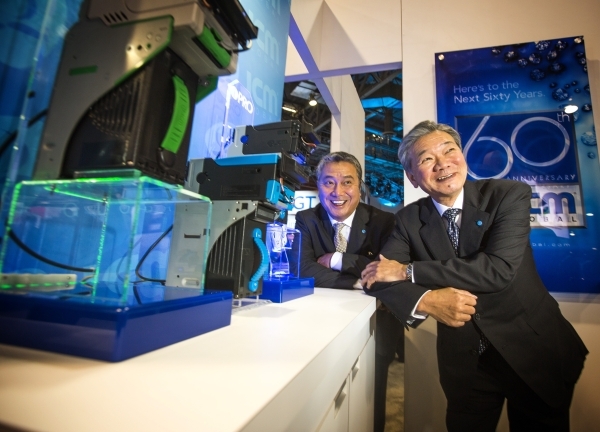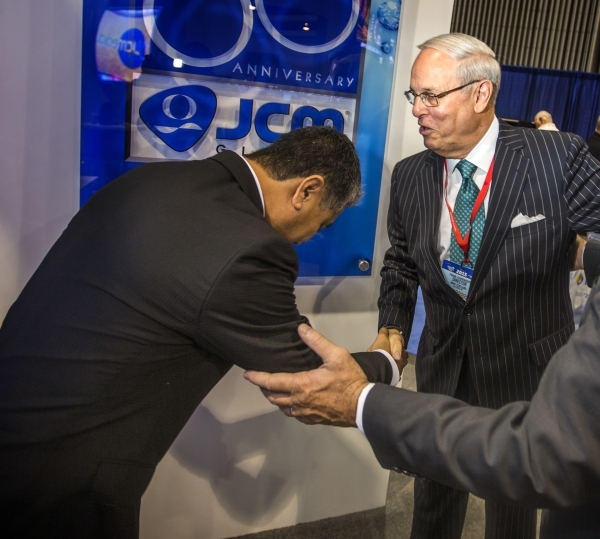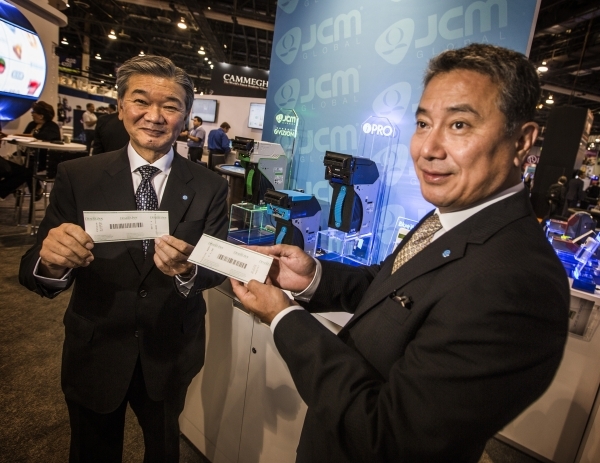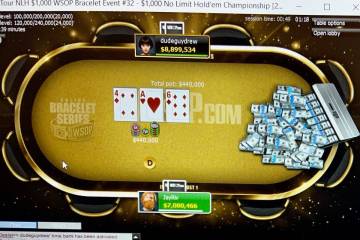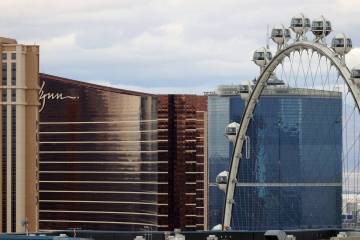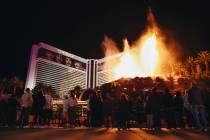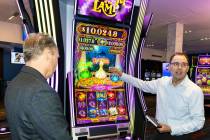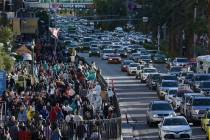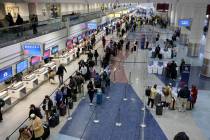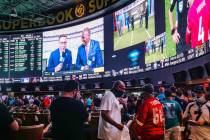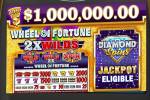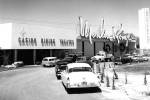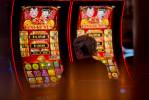At age 60, currency transaction provider JCM Global has quietly made its mark
JCM Global doesn't attract the crowds to its Global Gaming Expo trade show booth in the numbers that swarm major slot machine manufacturers.
It's hard to compete with musical superstar Pitbull (Scientific Games Corp.) and Harvey Levin, the founder of celebrity news resource TMZ (International Game Technology), who are promoting new themed slot machines Wednesday at the Sands Expo and Convention Center.
Similar gaming machines have driven JCM's growth since the late 1980s.
For 60 years, the Japan-based company has been providing currency transaction technologies to multiple industries, including bill validation equipment, universal money acceptors and ticket printers. The company employs 600 workers worldwide in seven countries. The headquarters for Las Vegas-based JCM American Corp. is in a large manufacturing plant south of McCarran International Airport.
The gaming business is 80 percent of JCM's annual revenue. In the first quarter that ended June 30, JCM's net sales grew more than 11 percent to almost $60 million in U.S. dollars.
The company sells its currency transaction equipment to slot machine manufacturers and table game providers, a landscape that has changed dramatically in the last two years. More than $15 billion in mergers in acquisitions has given rise to two large corporations and several mid-sized and smaller, up and coming equipment providers.
JCM President Yojiro Kamihigashi, whose father founded the company in Osaka, Japan, in 1955 as a cash machine business, has no desire to build his own slot machines.
"We don't want to bite the hand that feeds us," said Kamihigashi. His family still controls 53 percent of JCM, which has been listed on the Tokyo Stock Exchange for nearly two decades.
That might be one reason that Hikaru "Terry" Izawa, who has been with the company JCM for 30 years, carries a piece of memorabilia in his billfold. Now the president of JCM American, Izawa likes to show off one of the first ticket in-ticket out prototypes the company developed for U.S. casinos. The $1 ticket is dated Sept. 23, 1993, and it was for the Desert Inn.
It reminds Izawa of how far JCM has traveled. The Desert Inn is now a piece of gaming history, as is Sigma Games, the Japanese slot machine company that asked JCM to create the ticket in-ticket out devices. JCM, however, continues to prosper on its diamond anniversary.
Izawa said the original ticket printers took up to 40 seconds to produce a ticket, an eternity to a gambler looking to cash out quickly. Today's high-tech devices spit out tickets in the blink of an eye. Table game bill validators can accept stacks of bills in within seconds.
Today, JCM provides the currency equipment to almost 70 percent of the slot machines in the U.S. Tom Nieman, who has spent more than decade as JCM's vice president of sales and marketing, said the opening of Ohio's 11 casinos since 2012 provided JCM "100 percent" of the market.
Izawa said the company began creating currency validating equipment to combat money counterfeiting in Japan and the U.S. The company opened its original U.S. office in North Las Vegas when it created the first side-mounted bill validators for gaming devices in 1988.
JCM has marked several milestones. Two years after creating the side-mounted devices, the company partnered with IGT to imbed bill validators into video lottery terminals. JCM began an association with the U.S. Department of Treasury in 2001 to consult on currency and anti-counterfeiting measures.
"We are humbled by our success," Kamihigashi said. "We are proud of our company's heritage, our rich history and achievements."
JCM is involved with the long debated casino legalization in Japan. An integrated resort bill was introduced by Japanese lawmakers in May, but has stalled. The country's prime minister wants the tax revenue from a pair of casinos to help pay for the infrastructure associated with Japan's hosting of the 2020 Summer Olympics in Tokyo.
Fitch Ratings Service gaming analyst Alex Bumazhny estimated two integrated resorts — one in Osaka and Yokohama (20 miles outside Tokyo) — would generated a combined $6 billion in annual gaming revenue. However, because of the legislative delays, Bumazhny doubts the casinos would be built in time for the Olympics.
Kamihigashi said JCM has discussed the Japanese casino potential with other gaming companies. JCM likes this type of attention.
Howard Stutz's Inside Gaming column appears Wednesdays and Sundays. He can be reached at hstutz@reviewjournal.com or 702-477-3871. Find on Twitter: @howardstutz



